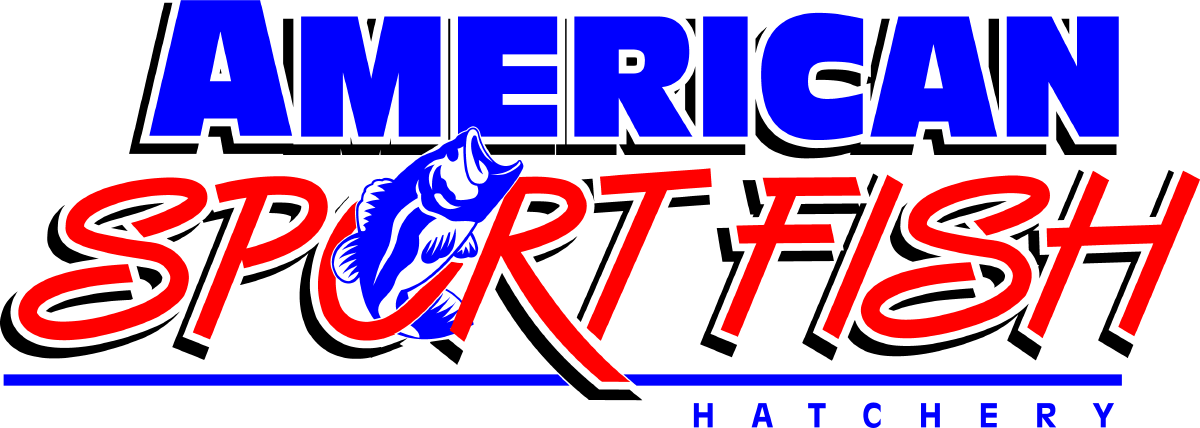Why It’s Important To Ask—Why?
Altering a pond’s ecosystem in one area typically prompts change in another. Before hastily implementing a project that could disrupt the environment, ask why you’re taking the step, and what consequences may occur. By the time you connect all dots, the proposal may reveal negative results and not be a good idea.
How many times has someone asked a question and we quickly reply before pausing to consider all facts? Simple answers are easy, but sometimes they aren’t—the right answer. For example, you want to improve a barren shoreline. Your neighbor has a plant with pretty yellow flowers that would look nice next to your dock. You pull a few hand-fulls, put them in a bucket and proudly transplant them. Several weeks later you return and guess what has spread under the walkway to the dock like a range fire. You have introduced primrose, a potentially invasive plant that could give you problems for years. Here’s another example. A landowner felt his watershed should be dozed to clean-out undergrowth. Before applying the why test, the job was completed. The well-vegetated watershed was now bare ground. Next big rain, newly graded soil sediment was flushed into the once scenic pond. The emerald green water with 24-inch visibility went to a muddy, drab 8-inch clarity.

Green sunfish reach sizes fun to catch, but look at the mouth size. They compete with bass for valuable forage. If your goal is bass fishing, cull green sunfish.
Similar scenarios occur with fish. You see a big, pretty green fish that looks fun to catch. Someone suggests you add some in your pond. Bad idea! That critter is a green sunfish, with a large mouth, that’s going to compete with your bass for forage. They are prolific spawners. Soon your pond will be overrun with stunted green sunfish. A friend says he has too many bass and suggests you transplant some into your pond. The more, the better, right? It sounds like a good idea, but you probably have plenty of bass. Why would you stock more? If you don’t thoroughly consider the question, you’ll ultimately catch greater numbers. Unfortunately, they’ll be undernourished. Proper ponderance of the idea would have alerted you to the potential problem and prevented a serious management issue.
Management plans are your map to success. If you encounter a fork in the road, researching why is the checks and balance for determining if the idea should or should not be adopted. You keep a net in the boat to help land big fish. Asking why before making crucial management decisions is your safety net to achieving pond goals.



